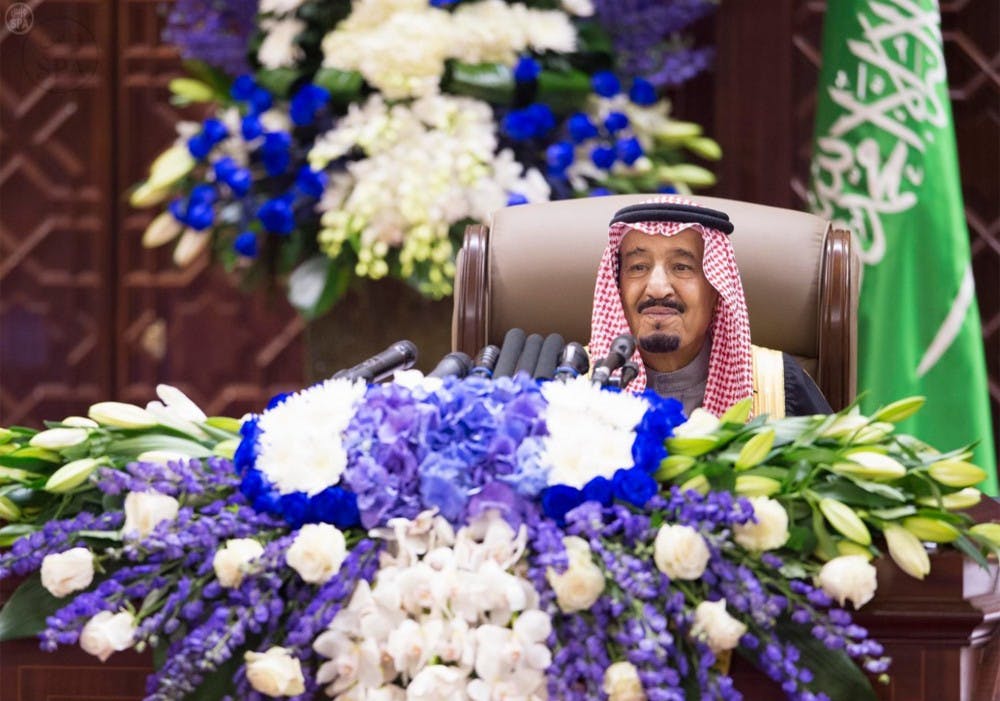It’s widely understood in Washington that Congress doesn’t actually get to use the war powers ascribed to it by the Constitution. For decades, American presidents have waged wars both covert and overt without congressional approval.
One of the most tragic consequences of the White House’s unrestrained war-making powers, under the Obama and Trump administrations, has been U.S. support for the brutal intervention in Yemen led by Saudi Arabia.
Legislative efforts to extricate the U.S. from involvement in Yemen by reclaiming Congress’s powers under the 1973 War Powers Act have been underway for a couple years, but only a few months ago did they gain momentum.
These efforts are now at a standstill, but Independent Sen. Bernie Sanders of Vermont is reportedly maneuvering to revive them.
Though we rarely hear about it in the U.S., the war in Yemen was described as the world’s worst humanitarian crisis last year by United Nations Secretary General Antonio Guterres. About 20 million Yemenis are food insecure, with half of that number just one step away from famine, according to Guterres.
Yemen experienced political instability after the Arab Spring uprising in 2011, during which Yemen’s dictator Ali Abdullah Saleh was replaced by his deputy, Abdrabbuh Mansour Hadi. After a rebel group called the Houthis took over Yemen’s capital in an effort to overthrow Hadi, Saudi Arabia launched a bombing campaign in March 2015 to restore Hadi’s total control of the country.
The U.S. has backed that bombing campaign since its inception, despite Saudi Arabia consistently hitting civilian targets.
U.S. support continued after the bombing of a wedding reception in September 2015, killing at least 130 civilians. It continued after the Saudis bombed a funeral in October 2016, killing at least 155 civilians. It continued after they bombed a school bus full of children in August 2018, killing at least 44 children as young as 6 years old, and ten adults.
These examples are only the tip of the iceberg. None of this stopped former President Barrack Obama or President Trump from selling the kingdom billions of dollars in arms, nor from providing targeting assistance and diplomatic backing. It’s up to Congress to end this nightmare.
The Senate passed a resolution to end U.S. involvement in Yemen in December, but Republicans blocked a vote in the House. The House passed a similar resolution last month, but it’s unlikely to receive a vote in the Senate for procedural reasons.
Sanders appears to have a workaround — his office told the Daily Beast the Senator will re-introduce the exact bill the Senate passed in December, which has “privilege,” meaning Republican Sen. Mitch McConnell of Kentucky won’t be able to stop it from reaching the Senate floor.
We should be pressuring our representatives to end U.S. military involvement in Yemen, direct and indirect. The Saudi Arabia Accountability and Yemen Act of 2019, proposed by Republican Sen. Todd Young of Indiana, would be a step forward, but it fails to end direct involvement of U.S. special forces, and it would allow Trump to continue arming Saudi Arabia if he simply signs a waiver.
That being said, Young has been surprisingly critical of Trump’s policy on Yemen, even as his former Democratic Indiana colleague, Joe Donnelly, backed that policy. It remains to be seen how Donnelly’s Republican successor MIke Braun will come down on the issue.
This cause has only gained momentum due the recent murder of dissident Saudi journalist Jamal Khashoggi, and the resentment provoked by the kingdom’s apparent involvement. But it shouldn’t take the killing of a Washington Post columnist to provoke outrage.
What about the 85,000 Yemeni children under 5 who, according to Save the Children, died from acute malnutrition during the first three years of the war? Are they not reason enough? Yemen’s suffering won’t end until the U.S. withdraws support for the Saudi intervention.






